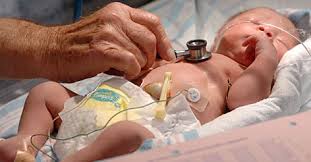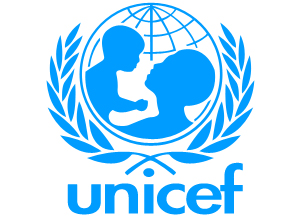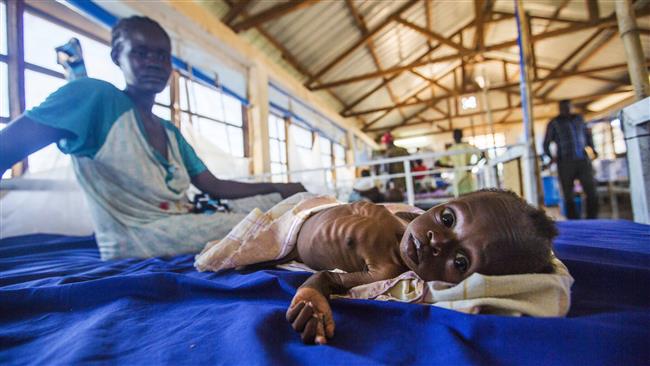UNICEF, The Philips Foundation and other partners have launched the Maternal and Newborn Health Innovations Project, to help save lives and improve the health of pregnant women and children in Kenya.
The collaboration was in line with the Kenyan Government commitment to investing in innovative, home-grown solutions for maternal and newborn health care in reducing the number of deaths of pregnant women and newborn babies.
The partnership intends to facilitate the development of innovative health technology and solutions in the field of maternal, newborn and child health under the Kenyan Government guidance and the project’s steering Committee of its Ministry of Health.
Maternal and child mortality rates is still high in Kenya, as it is unable to meet up with the Millennium Development Goal 4 target of 33 by the end of 2015; having recorded a reduction of under-five child deaths per 1,000 lives from 90 in 2003 to 52 in 2014; Neonatal mortality is also too high at 22 deaths per 1,000 live births.
UNICEF Director, UNICEF Global Innovation Centre, Sharad Sapra, pointed out that, a major cause of these deaths is the lack of medical equipment and technology to support even the most basic interventions for pregnant women and their newborns, especially in remote areas where health care workers lack essential medical resources.
It is hoped that by 2018, the partnership would develop and scale up innovative, low-cost and locally designed health care devices which will contribute to improved and more equitable access to life-saving quality care for this vulnerable group across the country.
“For 1 million babies worldwide every year, their day of birth is also their day of death; But with strengthened health systems and innovative solutions for both mothers and children, the chance for survival is greatly increased,” Sapra pointed out.
The Maternal and Newborn Health Innovations Project is financed by The Philips Foundation and uses the local expertise of Philips Research Africa in Nairobi to mentor social entrepreneurs and facilitate the transfer of health care technology know-how in Kenya.
Head of The Philips Foundation Katy Hartley in a remark said, they are into the project with partners to offer expertise and support to enable social entrepreneurs to improve health outcomes for their own communities, noting that, “At The Philips Foundation, it is our belief that programs that combine innovation, partnerships and empowering people will make a lasting and meaningful difference in communities.”
“Royal Philips and The Philips Foundation share the same mission and vision: we want to improve people’s lives and we strive to make the world healthier and more sustainable through innovation”.
“The Maternal and Newborn Health Innovations Project, with its focus on strengthening local health care systems, is a clear illustration for us of how private sector companies, together with governments and NGOs, can drive the implementation of the Sustainable Development Goals, especially the aim of Goal 3 to ensure healthy lives and promote well-being for all at all ages.” Hartley explained.
He added that the project was launched ahead of the September 25-27 United Nations Summit for the Adoption of the Post-2015 Development Agenda, where UNICEF is promoting greater involvement of the private sector in improving children’s lives. “The Millennium Development Goals expire at the end of 2015 and are being replaced by the Sustainable Development Goals (SDGs) that represent a new set of targets for international development. The Philips Foundation and UNICEF will promote innovation and technology as a key strategy to realize the new SDGs and improve the lives of women and children where most needed.”
Philips Foundation is a registered charity organization and has been created to help enable lasting social change in disadvantaged communities through the provision and application of innovation, talent and resources.
Royal Philips is a diversified health and well-being company, focused on improving people’s lives through meaningful innovation; while UNICEF promotes the rights and well-being of every child, in everything it does.
 Nigeria is one of the countries in Africa with highest number of newborn deaths, official said.
Nigeria is one of the countries in Africa with highest number of newborn deaths, official said.




